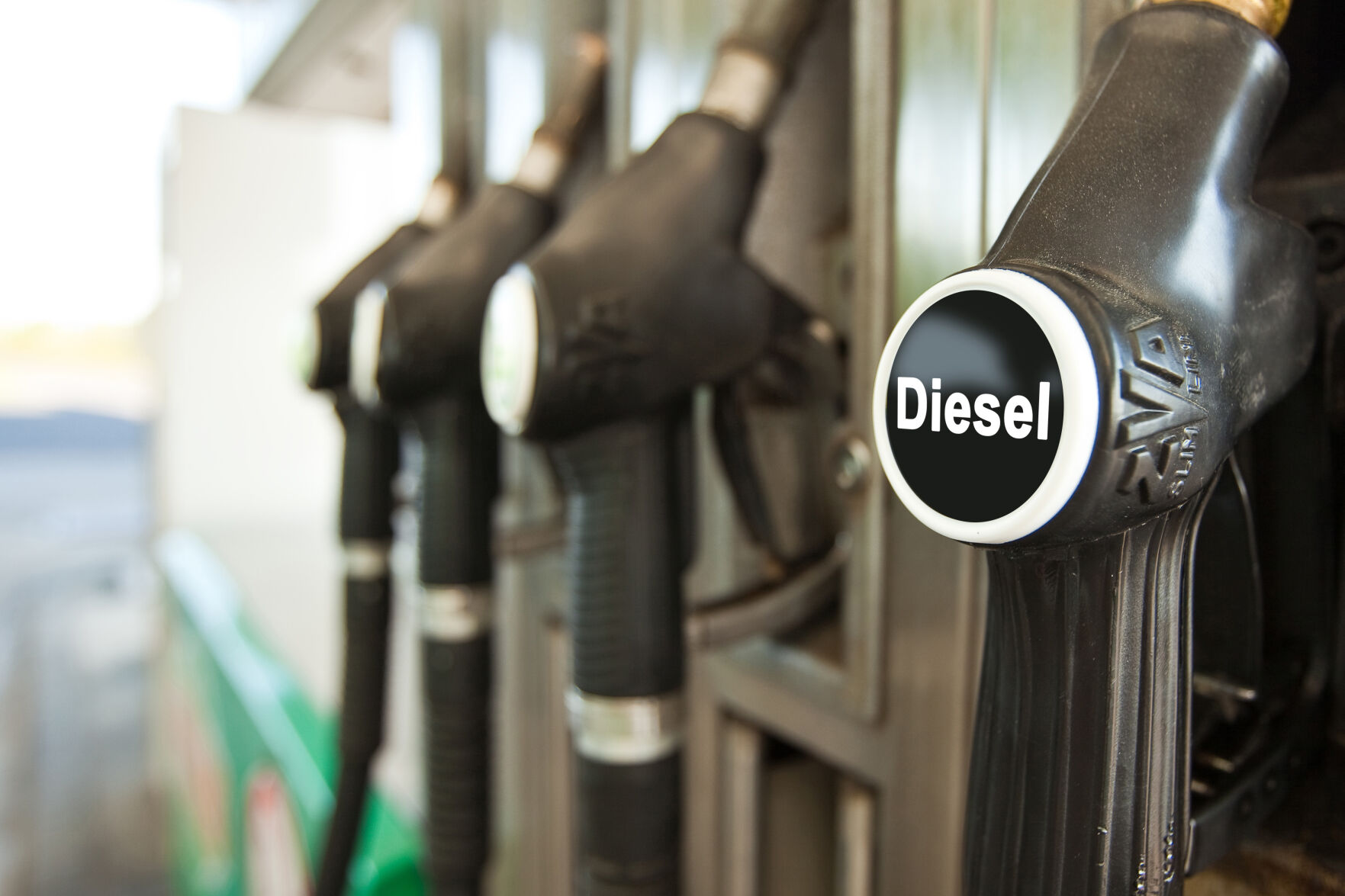Being able to fill up your vehicle with fuel has become a luxury with the sky-high prices of gas and diesel, but a new wrinkle stemming from the war in Ukraine and railway complications could prevent diesel vehicles from running, whether they have fuel or not. After trade between Russia and the rest of the world was cut off, the many industries that rely on urea are in tough spots.
Apart from its use as fertilizer, urea is also a key ingredient in Diesel Exhaust Fluid. Although this sounds like an isolated issue that would only affect those who drive eighteen-wheelers up and down the interstate every day, the DEF shortage could affect many more people. DEF is used in all diesel vehicles manufactured since 2010, which includes trucks, tractors, buses, RVs, and other vehicles the world relies on for agriculture production and transportation of people, food and other goods.
In 2019, Russia exported 6.98 million metric tons of urea, and was the No. 1 exporter by a wide margin. China is another significant exporter of urea, and it has also cut off exports of this chemical to other countries as well. The U.S. spent $1.2 billion on urea imports in 2020, coming in third behind India and Brazil. DEF is made of 67.5% distilled water and 32.5% urea and was designed to reduce environmental impacts of diesel vehicles. It is injected into the exhaust stream and used to lessen diesel emissions and without it, these vehicles will not run.
Lack of employees at Union Pacific Railroad has reduced the supply of DEF being transported. Shameek Konar, CEO of Pilot Flying J—the largest network of travel centers in the U.S.—testified at a recent Surface Board Transportation meeting as to the DEF shortage and the implications these supply chain issued could have on the U.S.
“We currently account for 20% of the country’s highway diesel supply and 30% of the DEF supply,” Konar said. “Pilot is facing a threat of severe reduction of rail service allocations. For Pilot, these reductions are being imposed by the Union Pacific Railroad. On April 13, we were informed by the Union Pacific that we were required to reduce shipments by 26% and in subsequent conversations we were asked to reduce them even by further by 50% or face embargos.”
Complying could put Pilot in a dire financial situation, as would facing embargos. They are caught in the middle of an unfortunate rock and a frustrating hard place. However, all the people who rely on the trucking industry—which is the entire population—will be affected by this shortage.
“Of the 300-plus million gallons of DEF Pilot supplies to the industry every year, 74% is moved via railway,” he explained. “Union Pacific’s restrictions will keep Pilot from keeping many markets adequately supplied with DEF, likely causing shortages that will sideline trucks and reduce trucking capacity. A single railcar carries 21,500 gallons of DEF on average and a single truck generally takes in 7 gallons of DEF every time they fill up. That implies that a single railcar is basically providing 3,000 trucks worth of fill ups. Every railcar that gets missed in terms of DEF delivery will reduce trucking potential by five million miles.”
Just as troubling will be the shortage’s effects on agriculture. Producers have fought drought conditions, high fuel costs and a burned-up wheat crop this year, but not being able to turn on their tractors or trucks would be truly devastating. Food starts with the farmer, but if there is no working equipment there is no way to harvest.
To most, 2020 felt like something out of an end of days movie with the run on grocery stores leaving empty shelves and pantries overflowing in preparation for the unknown. Back then it was COVID cases and government shutdowns slowing down the supply chain in addition to a panicked public. Now instead of limiting customers’ toilet paper or paper towel purchases, many retail stores are being forced to limit the quantity of DEF per patron. This is the real supply chain emergency because if none of the trucks start it will become exceedingly difficult for food, medicine, and other necessities to be transported across the country. It was scary back then, but this could be the actual food crisis everyone shopped for in 2020.
Lacey Vilhauer can be reached at 620-227-1871 or [email protected].




